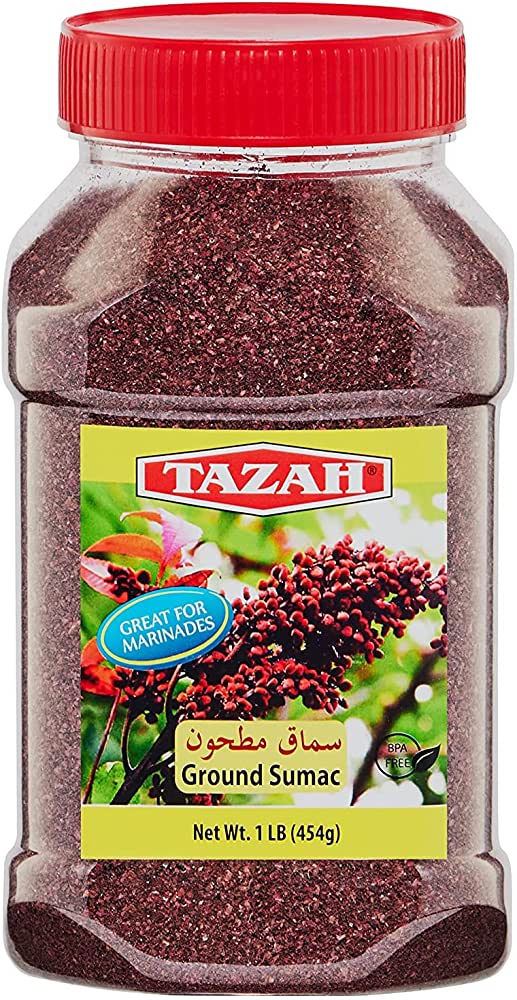Mediterranean and Middle Eastern cuisines, known for their unique flavors, spices, and healthy ingredients, have a long history and cultural significance. Mediterranean cuisine is a combination of dishes from countries around the Mediterranean Sea, including Greece, Italy, Spain, and North Africa, focusing on fresh ingredients and herbs. Middle Eastern cuisine has a mix of influences from Arab, Persian, Jewish, and Turkish cultures, using lamb, rice, chickpeas, and spices. Both cuisines have health benefits due to their focus on fresh ingredients and healthy cooking methods. Ultimately, choosing between the two is a matter of personal preference for taste, health, and cultural experience.
Mediterranean vs. Middle Eastern cuisine
Introduction
Mediterranean and Middle Eastern cuisines are popular across the world for their unique flavors, use of spices, and healthy ingredients. Both cuisines have a long history and cultural significance. However, comparing the two, which one wins the taste test? Let’s delve deeper into each cuisine to find out.
Mediterranean Cuisine
Mediterranean cuisine is a combination of dishes that come from the countries that surround the Mediterranean Sea, like Greece, Italy, Spain, and North Africa. The cuisine is known for its use of garlic, olive oil, tomatoes, and fresh herbs like oregano, thyme, and rosemary. The Mediterranean diet is believed to be one of the healthiest in the world, with a focus on whole grains, vegetables, fruits, nuts, and seafood.
Mediterranean dishes
- Moussaka
- Greek Salad
- Paella
- Ratatouille
What makes Mediterranean cuisine unique?
The use of fresh ingredients, herbs, and spices is what makes Mediterranean cuisine stand out. It’s simple yet flavorful, healthy, and easy to digest. The focus is on wholesome ingredients, making it perfect for health-conscious people. It’s also versatile, as it can be vegan, vegetarian, or non-vegetarian.
Middle Eastern Cuisine
Middle Eastern cuisine is rich in history and has a mix of influences from Arab, Persian, Jewish, and Turkish cultures. The cuisine is known for its use of lamb, rice, chickpeas, and spices like saffron, cinnamon, and cumin. Middle Eastern food is known for its robust flavors, and it’s often served with pita bread, yogurt, hummus or tahini, and fresh vegetables.
Middle Eastern dishes
- Hummus
- Shawarma
- Falafel
- Kebabs
What makes Middle Eastern cuisine unique?
The use of spices and herbs like sumac, saffron, and cumin gives Middle Eastern cuisine its distinct flavor. It’s hearty, filling, and satisfying, with a mix of meats, vegetables, and grains. The food is perfect for sharing, making it perfect for family and group gatherings.
Comparison
Ingredients
Both cuisines use a mix of fresh vegetables, herbs, and spices, but the Mediterranean cuisine focuses more on seafood, olive oil, and cheese, while Middle Eastern cuisine focuses more on lamb, chickpeas, and yogurt.
Flavor
The Mediterranean cuisine is known for its simplicity, whereas Middle Eastern cuisine has a more robust and spicy flavor, with a wide range of spices and herbs used in various dishes.
Health Benefits
Both cuisines have numerous health benefits due to the use of fresh ingredients and healthy cooking methods. Mediterranean cuisine is known for its heart-healthy benefits, while Middle Eastern cuisine is known for its anti-inflammatory properties.
Conclusion
Both Mediterranean and Middle Eastern cuisines are rich in flavors and cultural significance. While Mediterranean cuisine is known for its simplicity and focus on fresh ingredients, Middle Eastern cuisine is known for its robust flavors and use of spices. Ultimately, it’s a matter of personal preference, and one can’t go wrong with either cuisine when it comes to taste, health, and cultural experience.
